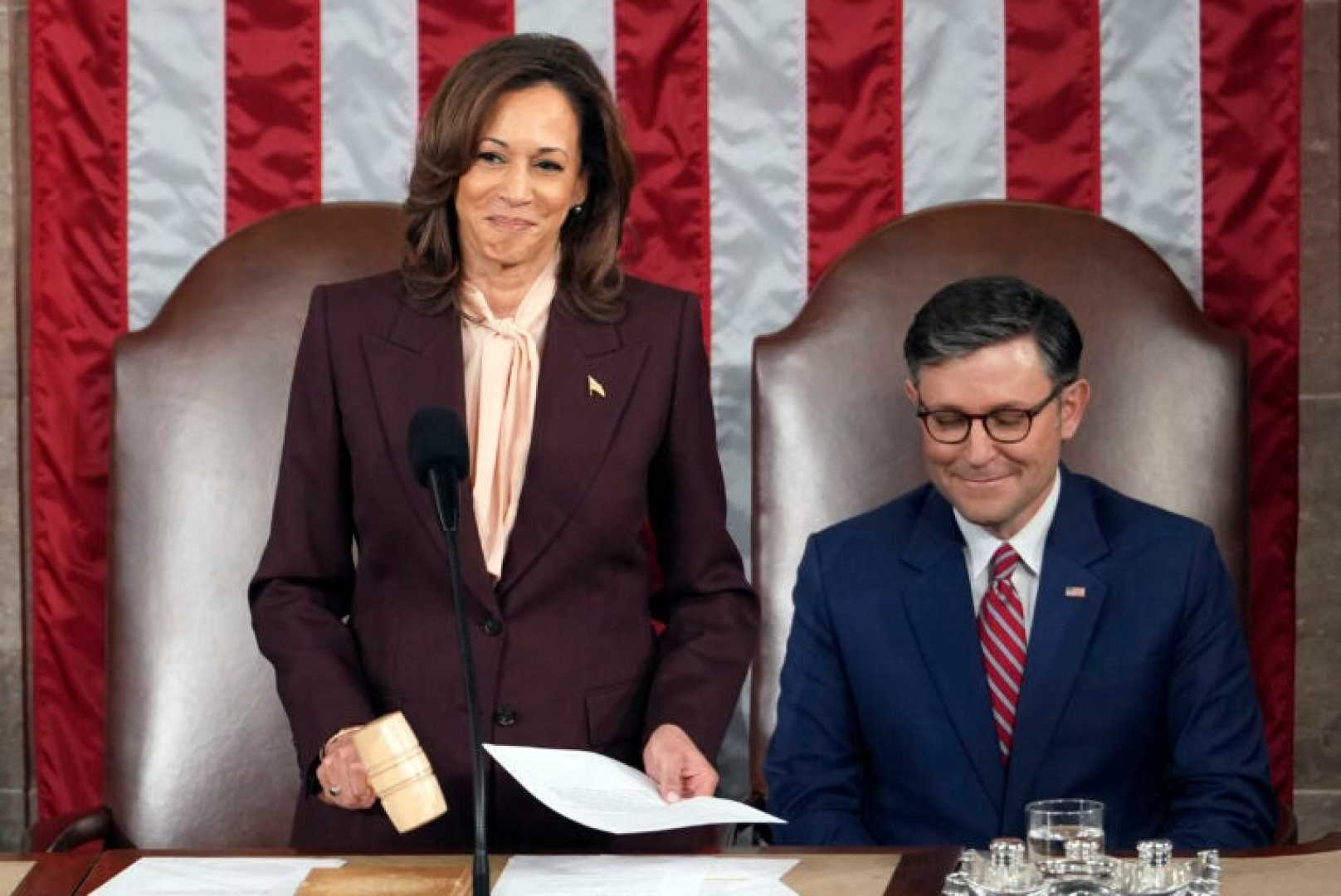Politics
Electoral College Declares President-Elect Winner Amid Political Tensions

WASHINGTON, D.C. — On Monday, January 6, 2025, the Electoral College officially declared the president-elect the winner of the 2024 presidential election, marking a pivotal moment in a deeply divided nation. The announcement came on the fourth anniversary of the January 6, 2021, Capitol riot, a day that continues to cast a long shadow over American politics.
The Electoral College’s decision followed a contentious election cycle, with the president-elect narrowly securing victory in key battleground states. Despite the outcome, the political landscape remains fractured, with many Americans expressing dissatisfaction with the status quo. “I’m bitter that a higher political price wasn’t paid for what Trump did four years ago on Jan. 6, 2021,” said Claire McCaskill, a former U.S. Senator and MSNBC political analyst.
The 2024 election highlighted the nation’s polarization, with nearly half of voters rejecting the president-elect’s platform. Anti-incumbency sentiment, fueled by lingering economic challenges from the COVID-19 pandemic and inflation, played a significant role in shaping voter behavior. “We’re seeing a hangover from Covid and the inflation and the pain it brought,” McCaskill noted. “People feel like things are out of control and because of that, they don’t want the status quo.”
Many voters who supported the president-elect did so not out of alignment with his policies but as a rejection of the current administration. “They didn’t want to vote for somebody who was even close to an incumbent,” McCaskill explained. “However, that doesn’t mean they bought into everything Trump represents.”
As the nation prepares for the new administration, concerns about the president-elect’s leadership persist. Critics argue that his approach to governance and his handling of key issues, including military leadership and pardons for past crimes, could further deepen divisions. “Nearly half of the country doesn’t want this,” McCaskill emphasized. “They do not want a guy who, frankly, is neither tasked with running the largest and finest military in the world.”
Despite the challenges, McCaskill urged Americans to remain engaged in the political process. “We cannot tune out. This is the time to tune in,” she said. “The people in this country have to decide that they don’t quit fighting just because Trump will be back in the White House.”
The Electoral College’s decision marks the beginning of a new chapter in U.S. politics, one that will test the resilience of the nation’s democratic institutions. As the president-elect prepares to take office, the country faces a critical juncture in addressing its divisions and charting a path forward.












